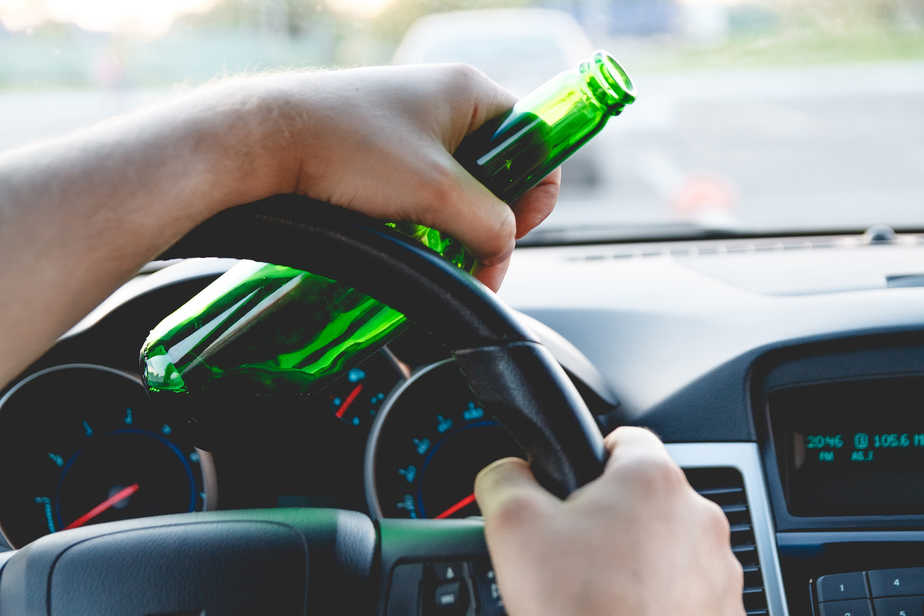Understanding Alcoholism, Drunk Driving & DUI Charges
When a driver is arrested for DUI, they are often accused of being drunk. However, many people are unaware of the warning signs of alcoholism, which are the same as those for a DUI charge. To better understand these warning signs, read this article. You’ll learn what constitutes drunk driving, and how to avoid being arrested. You’ll also learn about the symptoms of alcoholism and the consequences of drinking and driving.
Alcohol Use Disorder
The court’s intervention in a DUI case can be as short as one or two sessions, or it can be a multi-component program that extends over weeks or even months. Interventions may involve a variety of components, depending on the severity of the DUI and the alcoholism of the offender. The court can also place the offender on probation and may require the offender to attend meetings with Alcoholics Anonymous or other support groups in the community.
Brief interventions are short-term treatments that are compatible with busy medical settings. They generally involve individualized feedback based on short screening, brief advice, or specially adapted counseling strategies. These interventions have been offered to alcohol-positive drivers in trauma settings and emergency departments, and they have been found effective at reducing the risk of drinking and driving. They are cost-effective and may be used in conjunction with other rehabilitative modalities to improve outcomes.
Alcoholism Symptoms
When do alcoholism symptoms become a DUI charge? These symptoms are often easily detectable. A person who has been drinking heavily may repeat himself or herself or show lapses in judgment. They may also experience insomnia, difficulty sleeping, or mental health disorders. Moreover, impaired judgment and diminished attention span are common symptoms of alcoholism. Some cases may even lead to fatal hepatic coma.
If you’re an employer or a loved one, it’s vital to recognize the signs and symptoms of alcoholism. The most effective way to get the alcoholic to change his or her behavior is to make them understand that their job could be at risk if they do not improve their performance and conduct. Alcoholism treatment can be effective when it is initiated early enough. Often, early intervention leads to a faster recovery and less expensive treatment.
Is Alcoholism A Disease
Alcoholism is a disease, not a behavior. Unlike most diseases, it does not respond to medications or surgery. The disease puts sufferers at risk of harming others or themselves. Ultimately, it makes the driver into a killer and a dangerous weapon. Fortunately, there are several ways to recognize the signs of alcoholism. Below are some symptoms to look for.
Drinking problems often start slowly. Some people do not even realize they have a problem until they are confronted with the consequences. Even if they’ve never been arrested for DUI before, they can easily deny they have a problem until something drastic happens. Alcohol-impaired driving can result in jail time, heavy fines, or even death. Fortunately, if you have noticed a problem, you can get the help you need.
Drunk Driving
Alcoholism is the leading cause of accidents that result in a DUI charge. According to the Substance Abuse and Mental Health Services Administration, in 2012, 29.1 million people were arrested for DUI, representing 11.2 percent of the population aged twelve and older. The rate of alcohol-impaired driving (DUI) begins to increase around the age of sixteen, rising steadily year after year until it reaches its peak at age twenty-five. Additionally, men are twice as likely as women to drive drunk.
The costs associated with a DUI conviction are significant. A person convicted of DUI will have to pay fines and legal fees in the thousands of dollars. They will also be required to pay higher insurance rates and install mandatory equipment, such as ignition interlock ignition devices. In addition, they will have to undergo extensive treatment programs to recover from the consequences of drinking. Alcoholism leads to DUI charges, which is why a person undergoing recovery from alcohol addiction is encouraged to seek professional help.
Detecting Drunk Drivers
Approximately one-third of all drivers who get a DUI are repeat offenders. Additionally, fifty to seventy percent of drunk drivers drive on suspended licenses. Furthermore, one out of 10 fatal alcohol-related crashes involves repeat offenders. Furthermore, if a person continues to drink alcohol after a DUI charge, it may be a sign of a substance abuse problem. However, it is possible for someone to get a DUI after alcohol abuse but still have a substance-related problem.
In such a case, nonconfrontational intervention may be the key. It may provide the support necessary for the development of a realistic change plan. In addition, such strategies can motivate the individual to seek treatment. For example, nonconfrontational strategies can encourage the individual to engage in a change program that focuses on achieving sobriety while driving. These strategies also help to encourage the person to engage in treatment after a DUI conviction.
Contact Butler Law Firm
Butler Law Firm is owned by Mr. Jim Butler, a highly experienced criminal law attorney. Mr. Butler will work hard to resolve your issue. If you want to find out more, then contact or call the Butler Law Firm today with any questions you have or if you’d like to schedule a free initial consultation.

